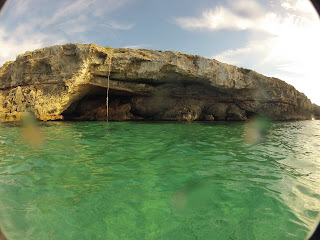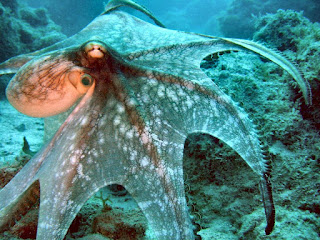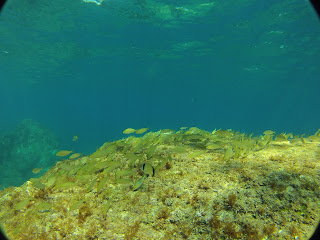Quit smoking!
Your lungs will realease CO2 easily and take more O2.
Lose weight and be on a healthy diet!
Otherwise that weight will take the oxygen you breath for nothing. Don't eat many fries and jellies, too many fats and sugars.
Splash cold water on your face!
It's been observed this triggers bradycardia or the slowing of heart rate.
Do exercises to increase your lung capacity!
Although you can't increase the size of your lungs, you can improve the amount of air taken in.
Always exhale all your old air out before breathing again.
Before holding your breath, inhale and exhale slowly from deep within your diaphragm!
You need to get rid of low quality air. Inhale during 5 seconds and exhale for another 5 seconds, repeat this for 2 minutes. You need to exhale every last drop of air.
Take a massive gulp of air as long as possible!
Fill about 85% of your lung capacity, you need some room in your lungs to chill out.
Be sure you have someone nearby in case you faint...
Relax every muscle in your body!
And try to slow your heart rate by meditating... do this as long as possible.
Exhale slowly!
Don't exhale all at once, exhale initially just a 20%, then inhale again so O2 gets to your critical areas faster, and then exhale completely and inhale again.
Repeat all this 3/4 times per session and don't do more than 2 sessions per day!
Your body, mind and lungs may be affected otherwise.
AND GOOD DIVING!






























.JPG)
.JPG)
.JPG)
.JPG)
.JPG)
.JPG)
.JPG)












